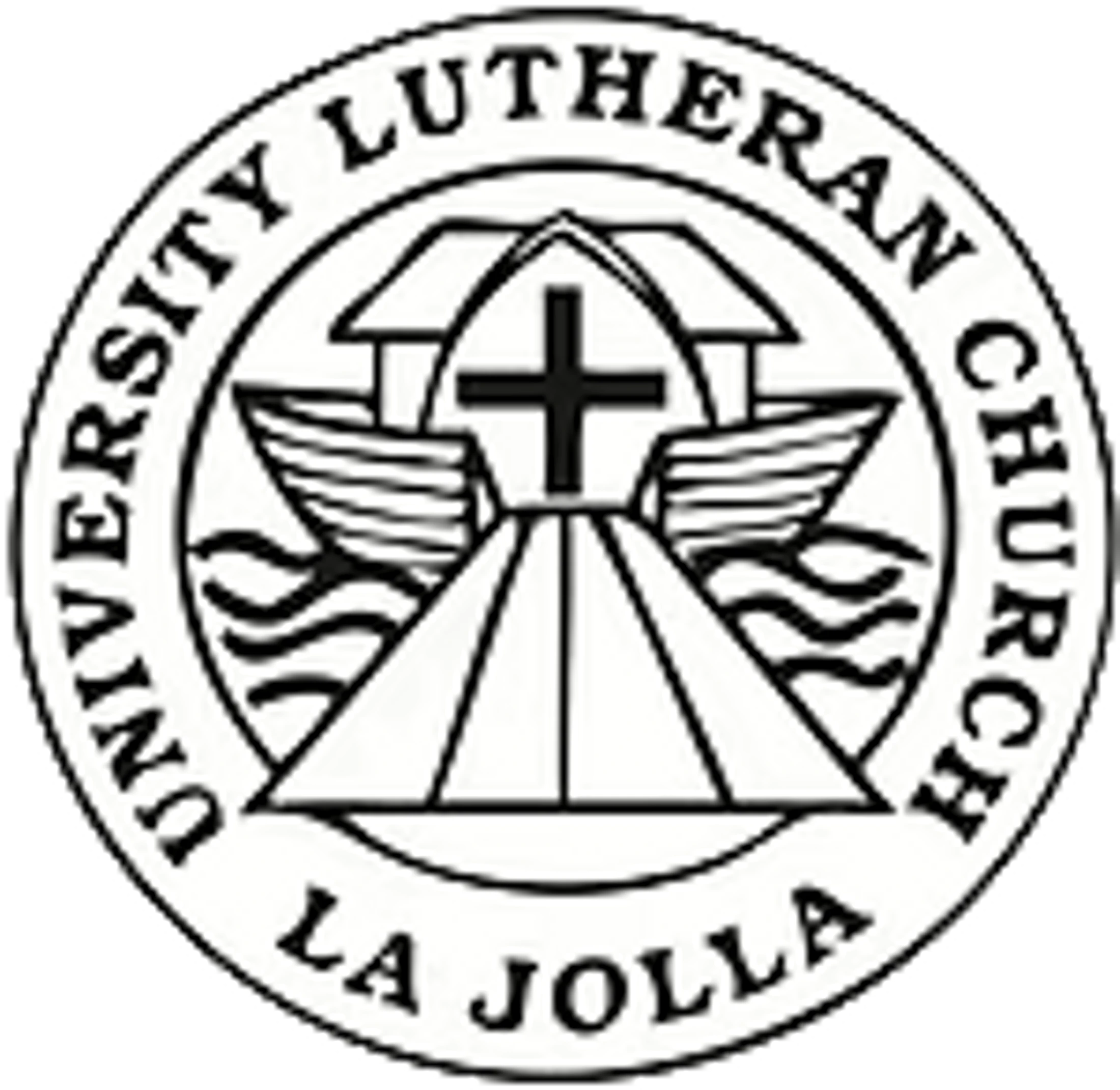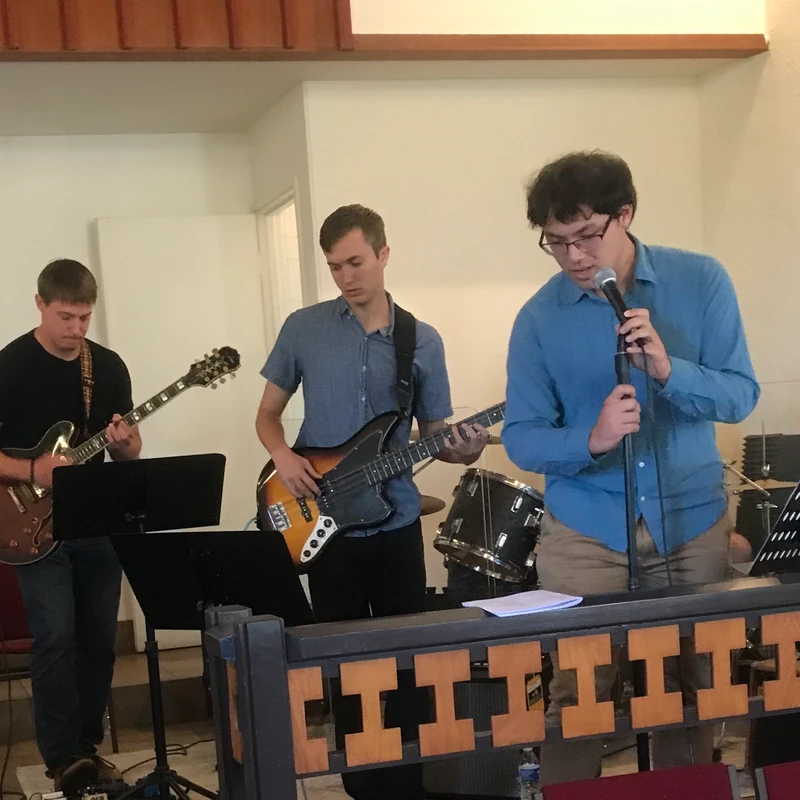About
Who We Are
University Lutheran Church is a welcoming community rooted in the Bible-based teachings of Martin Luther and the Lutheran tradition. We are committed to sharing God’s grace, nurturing faith, and building strong relationships within our congregation. At the same time, we are deeply connected to the UCSD campus and young adults in La Jolla, creating a vibrant space where students and community members can grow in faith, serve others, and experience authentic community.



